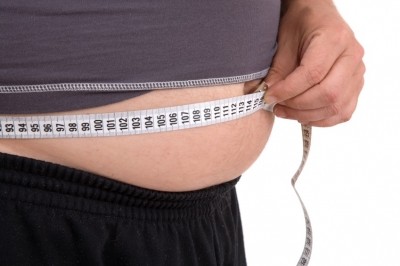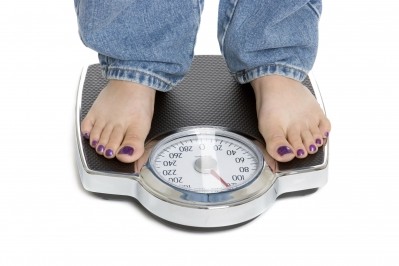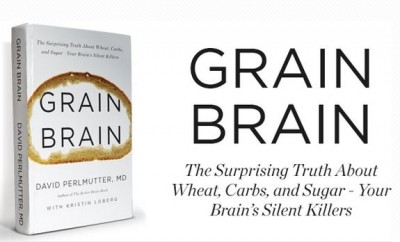Gallup: Americans still avoid fat over carbs; RD says still too much federal emphasis on low fat

With another recent Gallup poll finding that nearly half (45%) of Americans worry about their weight "some" or "all" of the time, diet appears to be an ongoing concern for many Americans.
Both low-fat and low-carbohydrate diets have been on the nutritional scene for decades, though low-fat diets tend to receive more support in the form of US government dietary guidelines and MyPlate recommendations. The purported role of processed carbohydrates in driving weight gain has gained scientific traction in recent years, with some research backing reduced glycemic load rather than lowering dietary fat intake for weight loss and cardiovascular disease prevention (see here).
Still, the public's attitudes about fats and carbohydrates have changed only marginally over the past 10 years. Of the 29% of Americans who say they are trying to lose weight, 73% say they are actively trying to avoid fats, while 12% say they are actively trying to include fats. However, individuals seeking to lose weight are more likely than the typical American to say they are avoiding carbohydrates (44%).
Andy Bellatti, MS, RD, attributed the results in large part to the sheer size of the fat and carbohydrate categories, along with much of the general public’s confusion over the nuances of each category.
“These kinds of polls are a little vague,” he told FoodNavigator-USA. “A lot of people for example who are avoiding fast food, in their minds are avoiding fat. But they’re also avoiding soda and French fries, which are carbohydrates, so I don’t think it gives us a very complete picture. The general public doesn’t necessarily understand the concept of carbs and fat enough to differentiate.”
The low-fat message is further driven home by federal guidelines and health specialists, he added.
“If people are looking at official guidelines from the American Heart Association or MyPlate, there’s a consistent low-fat message that is still very prevalent. There have been strides made in that it’s important to differentiate among kinds of fats, but there’s still too much low-fat emphasis in federal recommendations, and often if people are going to see health specialist, nine times out of 10, they’re recommending the Dietary Guidelines, too, so it keeps hammering that message home.”
Indeed, just 22% percent of Americans say they actively try to include fat in their diet, the lowest percentage of the 12 other foods Gallup measured in the poll (which include fruit, vegetables, dairy, poultry, beef, sugar, salt and soda). This percentage is slightly higher than in 2004 (14%), while the percentage of people saying they try to avoid fat is down since then.
On the other hand 41% of Americans say they try to include carbohydrates—down slightly from the 50% who said so in 2002, but up from 33% in 2004, when the Atkins diet was in fashion. Moreover, 28% of Americans say they don't think about actively including or avoiding carbohydrates as part of their diet, down from what Gallup found in the mid-2000s; and 21% say they don't think about whether they include or avoid fat in their diet.
Americans avoiding carbs more than they once were
Americans are still more likely to say they are avoiding fat rather than carbohydrates, but they are avoiding carbs more than they once were, according to the Gallup results. The largest increase in the percentage who actively avoid carbohydrates occurred in 2004, coinciding with the period when the Atkins diet was most popular. However, avoidance of fat is lower than it was a decade ago, perhaps reflecting new scientific research that is calling into question the supposed harmful effects of fat.
“It’s becoming more mainstream to recognize that all fat is not created equal, which is long overdue,” Bellatti said. “In terms of the carbohydrate issue, what’s more being identified as the problem is added sugar. In the low-carb revival of the early 2000s, this idea was promoted that all carbs are under the same umbrella. Now the problem is more about added sugar. Interestingly enough, in my experiences with clients, a lot don’t realize that sugar is a carb. Now we’re getting to a point where sugar is more separated out from whole fruit, and people avoiding sugar are not necessarily avoiding carbs.”
It’s for that reason that Bellatti talks to clients about specific foods rather than in nutrient terms, which he again says are way too broad. “Last month I had a client tell me they were going on a low-carb diet, but they actually were just avoiding white rice and white bread. Many people just aren’t grasping it.”










